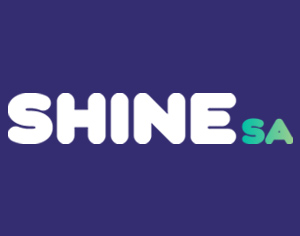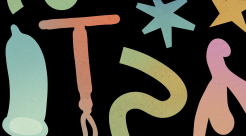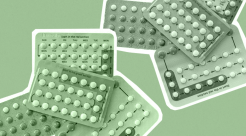SHINE SA Media Release : 02 September 2019
“Sexuality Education for all: a bridge to sexual health” is the focus of this year’s World Sexual Health Day on 4 September 2019. This theme emphasises the need for comprehensive relationships and sexual health education for all.
The World Health Organization states that sexual health “requires a positive and respectful approach to sexuality and sexual relationships, as well as the possibility of having pleasurable and safe sexual experiences, free of coercion, discrimination and violence”.
Relationships and sexuality education is essential to achieve sexual health and forms an important part of the Australian Curriculum. Comprehensive school-based relationships and sexual health (R&SH) programs provide students with lifelong skills and the opportunity to explore values. It also acts as a trusted source of information for many Australian students.¹ Effective R&SH education supports young people to delay sexual activity until they feel ready and reduces the likelihood of unplanned pregnancy and sexually transmitted infections.² ³
Recent research highlights that secondary students want to have “less repetition of the biological aspects of human sexuality and more explicit and accurate information about gender diversity, violence in relationships, intimacy, sexual pleasure and love”.⁴ Education needs to be relevant to the lived experience of young people and respond to these contemporary issues in R&SH education.
Teacher professional development is important to increase confidence and to ensure that students are taught by the ‘best R&SH teachers’ who offer a positive and open view, model respectful and inclusive behaviour, have a sense of humour and relate well to them.⁴
Natasha Miliotis, CEO, SHINE SA says:
“We encourage and support schools to implement an inclusive and whole school approach that teaches children and young people how to make informed decisions about their health and relationships in an age-appropriate, evidence-based way”.
SHINE SA provides professional development for educators, curriculum programs and resources to support schools to implement a whole school approach to R&SH education.
For more information about SHINE SA’s professional development visit www.shinesa.org.au/support-for-schools.
For further information and media enquiries contact Tracey Hutt, Director Workforce Education and Development on tracey.hutt@shinesa.org.au or 0434 937 036.
¹ Johnson, B., Harrison, L., Ollis, D., Flentje, J., Arnold, P., & Bartholomaeus, C. (2016) ‘It is not all about sex’: Young people’s
views about sexuality and relationships education. Report of Stage 1 of the Engaging Young People in Sexuality Education Research
Project. Adelaide: University of South Australia.
² UNESCO (2009). International technical guidance on sexuality education: an evidence-informed approach for schools, teachers and health educators. [online] UNESCO. Available at: https://unesdoc.unesco.org/ark:/48223/pf0000183281.
³ Weaver, H., Smith, G. and Kippax, S. (2005). School‐based sex education policies and indicators of sexual health among young people: a comparison of the Netherlands, France, Australia and the United States. Sex Education, 5(2), pp.171-188.










